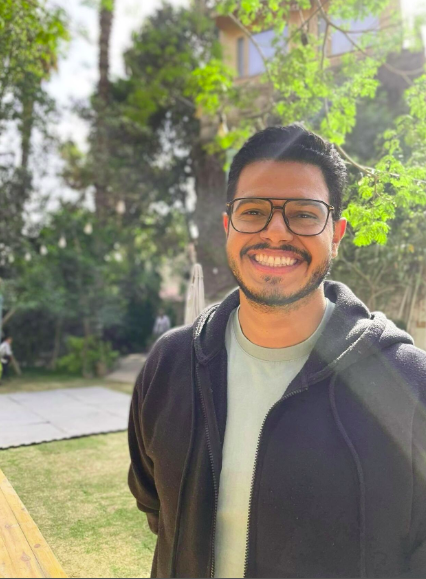HCVC, a Paris-based VC firm dedicated to “hardtech”, has closed a new $75m fund to invest in startups building at the intersection of hardware and software.
The firm will back pre-seed and seed startups in a broad range of sectors from climate, defence and aerospace.
“There is no chance that we will resolve some of the biggest problems that we face — like climate change or decarbonising our industries — thanks to software alone,” says HCVC founder Alexis Houssou. “For this, you have to build solutions that exist in the physical world. That’s hardtech.”
Those could include technologies like ultra-precise sensors, next-generation semiconductors or new satellite designs.
HCVC will back companies with tickets ranging from €250k to €2.5m and hopes to invest in up to 40 startups over the next five years.
Investing in disruptive technologies
HCVC Fund 2 is the firm’s second fund after it launched the $50m HCVC Fund 1 in 2018. The first fund backed businesses like electric bike startup Cowboy and smart cart company Caper, which was acquired by Instacart in 2021.
Houssou says the main criteria for companies backed out of the second fund will be whether the company is building a breakthrough technology — “one that enables us to be sure that there won’t be dozens of competitors coming in tomorrow with the same technology,” he says.
The firm has already announced several investments including nuclear fusion startup Renaissance Fusion, satellite designer Antaris, nuclear waste recycling company Transmutex and Ark Biotech, which designs more efficient bioreactors for the cultivated meat industry.
A partnership approach
Investing in early-stage startups developing yet unproven technologies for hardware is an investment thesis that comes with challenges. It means greater risks, longer development cycles and is also likely to require more capital.
“This was an issue we discussed at length when we started investing in 2017 — that hardtech requires too much capital and takes too long,” says Houssou.
The VC is targeting a specific subset of companies that are “venture-backable” — meaning that they usually focus on developing a core technology rather than manufacturing products themselves.
This often happens through partnerships. For example, portfolio company Ark Biotech builds software that gives users a precise picture of the processes and reactions at play inside the bioreactors used to create cultivated meat — but works in partnership with manufacturers who build the physical product.
“In this model, Ark doesn’t need to raise billions to build bioreactor factories,” says Houssou. “Clients buy the fabrication technology, but the actual fabrication is outsourced to a partner.”
European hardtech
Houssou says that hardtech is still young in Europe. “Five or ten years ago, the hardtech market was almost nonexistent here,” he says.
And there are still no major European funds investing in hardtech in Europe, unlike Lux Capital, DCVC or Eclipse VC in the US.
Things are changing, particularly because hardtech often overlaps with deeptech — a sector that is growing on the continent, encouraged by political desire to create European deeptech champions. In France, for example, the government has pumped €3bn into a national plan to make the country a “deeptech nation”.


